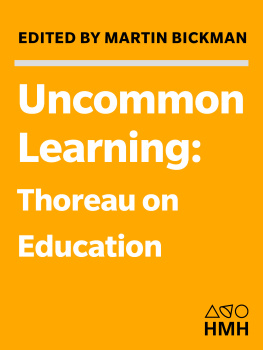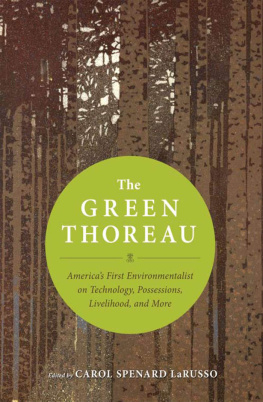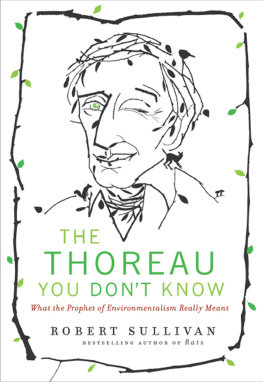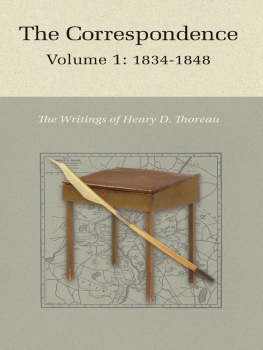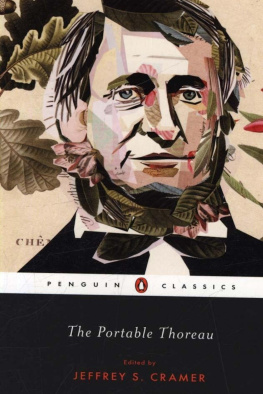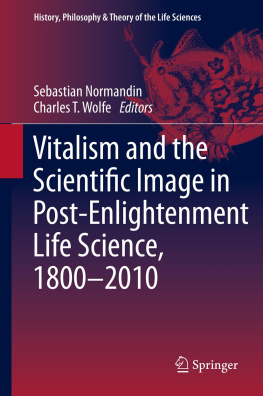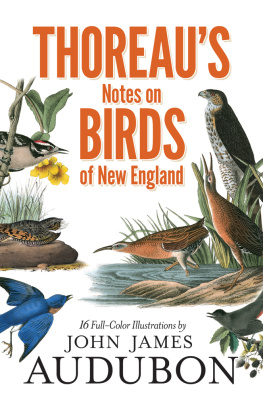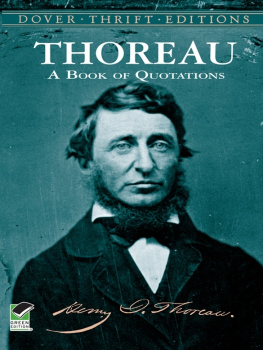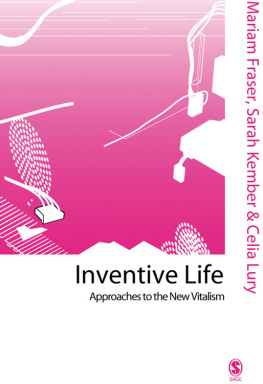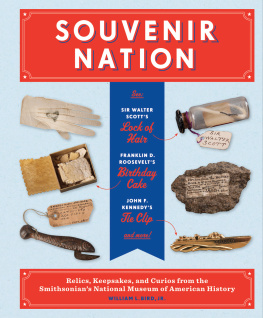Branka Arsic - Bird relics: grief and vitalism in Thoreau
Here you can read online Branka Arsic - Bird relics: grief and vitalism in Thoreau full text of the book (entire story) in english for free. Download pdf and epub, get meaning, cover and reviews about this ebook. publisher: Harvard University Press, genre: Religion. Description of the work, (preface) as well as reviews are available. Best literature library LitArk.com created for fans of good reading and offers a wide selection of genres:
Romance novel
Science fiction
Adventure
Detective
Science
History
Home and family
Prose
Art
Politics
Computer
Non-fiction
Religion
Business
Children
Humor
Choose a favorite category and find really read worthwhile books. Enjoy immersion in the world of imagination, feel the emotions of the characters or learn something new for yourself, make an fascinating discovery.

- Book:Bird relics: grief and vitalism in Thoreau
- Author:
- Publisher:Harvard University Press
- Genre:
- Rating:3 / 5
- Favourites:Add to favourites
- Your mark:
- 60
- 1
- 2
- 3
- 4
- 5
Bird relics: grief and vitalism in Thoreau: summary, description and annotation
We offer to read an annotation, description, summary or preface (depends on what the author of the book "Bird relics: grief and vitalism in Thoreau" wrote himself). If you haven't found the necessary information about the book — write in the comments, we will try to find it.
Bird relics: grief and vitalism in Thoreau — read online for free the complete book (whole text) full work
Below is the text of the book, divided by pages. System saving the place of the last page read, allows you to conveniently read the book "Bird relics: grief and vitalism in Thoreau" online for free, without having to search again every time where you left off. Put a bookmark, and you can go to the page where you finished reading at any time.
Font size:
Interval:
Bookmark:
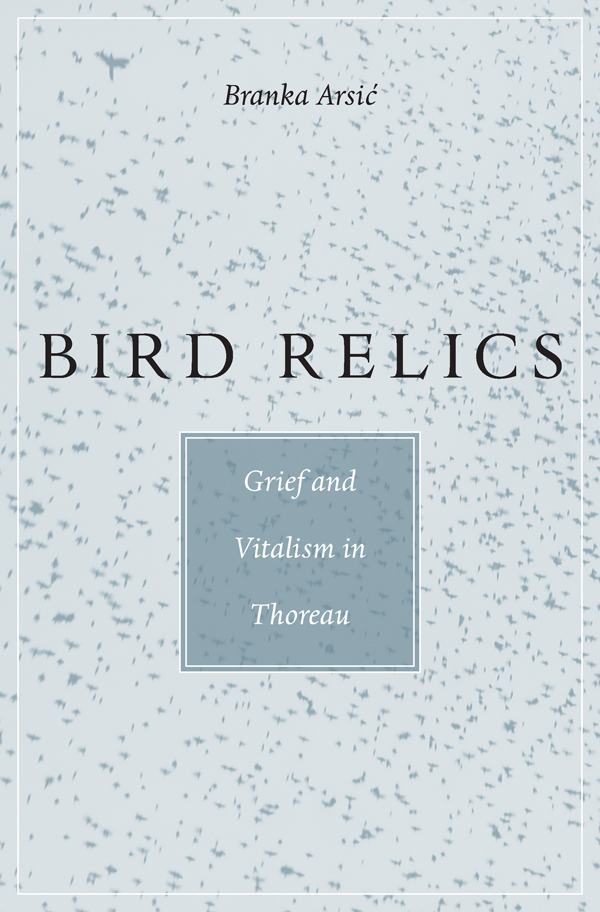
Bird Relics
GRIEF AND VITALISM IN THOREAU
Branka Arsi

Cambridge, Massachusetts
London, England 2016
Copyright 2016 by the President and Fellows of Harvard College
All rights reserved
Lines from the poem Six Young Men by Ted Hughes appearing on are reprinted by permission of the publishers from Ted Hughes: Collected Poems, edited by Paul Keegan. London: Faber and Faber Ltd., 2003. New York: Farrar, Straus and Giroux, 2003. The Estate of Ted Hughes, 2003.
Cover photograph: Birds of Death by Graciela Iturbide
Cover design: Tim Jones
978-0-674-08847-4 (alk. paper)
978-0-674-49538-8 (EPUB)
978-0-674-49537-1 (MOBI)
The Library of Congress has cataloged the printed edition as follows:
Arsi, Branka.
Bird relics : grief and vitalism in Thoreau / Branka Arsi.
pages cm
Includes bibliographical references and index.
1. Thoreau, Henry David, 18171862. 2. Grief. 3. Life. I. Title.
B931.T44A77 2015
818'.309dc23 2015011245
This book is for my daughter Emma, in gratitude for making my life superlative
Contents
The abbreviations are used in the text and notes. For single-volume abbreviations the citation form is (xx, 00), where xx is the abbreviation and subsequent 00s are the page numbers being cited. For multivolume works the form is (xx, 00, 00), where xx is the abbreviation, the first 00 is the volume number, and subsequent 00s are page numbers being cited.
C Henry David Thoreau, The Correspondence of Henry D. Thoreau, vol. 1, 18341848, ed. Robert N. Hudspeth, The Writings of Henry D. Thoreau (Princeton, NJ: Princeton University Press, 2013).
CC Henry David Thoreau, Cape Cod, ed. Joseph J. Moldenhauer, The Writings of Henry D. Thoreau (Princeton, NJ: Princeton University Press, 1988).
CO Henry David Thoreau, The Correspondence of Henry David Thoreau, ed. Walter Harding and Carl Bode (New York: New York University Press, 1958).
J Henry David Thoreau, Journal, vols. 18, 18371854, editor-in-chief, Elizabeth Witherell, The Writings of Henry D. Thoreau (Princeton, NJ: Princeton University Press, 19812002).
Jn Henry David Thoreau, The Journal of Henry D. Thoreau, vols. 114, ed. Bradford Torey and Francis H. Allen, Foreword by Walter Harding (New York: Dover Publications, 1962).
ST Aeschylus. The Seven against Thebes, trans. Henry David Thoreau, in Translations, ed. K. P. Van Anglen, The Writings of Henry D. Thoreau (Princeton, NJ: Princeton University Press, 1986).
W Henry David Thoreau, A Week on the Concord and Merrimack Rivers, ed. Carl F. Hovde, William L. Howarth, and Elizabeth Hall Witherell, The Writings of Henry D. Thoreau (Princeton, NJ: Princeton University Press, 1980).
Wa Henry David Thoreau, Walden, ed. J. Lyndon Shanley, The Writings of Henry D. Thoreau (Princeton, NJ: Princeton University Press, 1971).
Wk Henry David Thoreau, Walking, in Collected Essays and Poems, ed. Elizabeth Hall Witherell (New York: Library of America, 2001).
On the death of a friend, we should consider that the fates through confidence have devolved on us the task of a double living-that we have henceforth to fulfill the promise of our friends life also, in our own, to the world.
Henry David Thoreau, Journal, February 28, 1840
STRANGE THINGS happen in Thoreau: sand starts moving like water, and stones vibrate with life; extinct species return; pine trees cry; fish become trees; men grow grass out of their brains; men, not gods, walk on water; like animals and with them, they also walk on four legs; they talk to fish and birds; birds migrate back to life after they have been seen dead; humans migrate into birds; birds migrate into other birds; humans migrate into other humans; two persons come to inhabit one body; two bodies come to be inhabited by one person. How are we to understand such strangeness? We cant treat it as fiction for, strictly speaking, Thoreau is not a fiction writer. The generic characteristics of all of his writingsA Week is a memoir, Walden is autobiography, the Journal is a record of perceptions and thoughts, while the natural history essays are structured according to the logic of scientific writing of the dayrequire that we treat their content not as fiction but as truth, and their utterances not figuratively but declaratively, as testimonies. Yet, his declarations are sometimes so eccentric, they so radically blur the distinction between what is possible and what is not, between miraculous and natural, that one must raise the question of whether to take them seriously. Does Thoreau really mean what he says when he asserts the possibility of what reason would call fantastic, such as, for instance, when he suggests that persons can shift their shape or, even more strangely,
Thoreau attached clippings to the back cover of one of his late commonplace books. Here is a sampling:
Boston Journal, September 27, 1858 (excerpts); Donatis comet seen in Cincinnati
On the evening of the 25th of September, the appearance of the comet, in the great refractor of the Cincinnati Observatory, was especially interesting. The most wonderful physical feature presented was a portion of a nearly circular, nebulous ring, the bright nucleus being in the centre, while the imperfect ring swept more than half way round the luminous centre. No one can gaze on this gigantic object, in all its misty splendor, without a deep impression that the eye is resting on a mass of nebulous matter, precisely such as the nebular theory of La Place supposes to have been the primordial condition of our sun and all its attendant planets, and from which chaotic condition this beautiful system of revolving worlds has been evoked by the action of a single law.
O. M. Mitchell.
Cincinnati Observatory, Sept. 27, 1858
Boston Journal, March 2, 1860, A TOAD STORY
A gentleman who witnessed the sight informs us that, about ten days ago, along one of the main roads near Forge village, in Westford, he observed the most marvelous collection of toads he ever witnessed or heard of. In the road for as many as a hundred rods the ground was so covered with them that one could not put his hand down without putting it upon a toad. An estimate was made, and it was determined that there were at least as many as twelve toads to the square foot! The sides of the road and fields were not examined, but for the distance we have named there were toads innumerable. Another fact not a little singular is that they were all apparently the same sizebeing about half an inch high, or in length, and in color and appearance seemed to be precisely alike, and all were sprightly and seemed as if very much at home. The question is where did they come from? There was a smart shower the night before they were discovered, but is it possible that they rained down? And if so, where did the clouds come in possession of such a multitude of juvenile toads? The fields around may have been as thickly populated, for aught we know to the contrary, as the road; and if so, who can explain their presence?
Reported in newspapers as events observed by reliable witnesses, these examples of the miraculousvibrant and nebulous matter observed in the moment of creating new life, toads raining down from populated cloudsassume the status of the factual. More generally, the articles demonstrate that to an antebellum American the divide between fantastic and real was less distinct that it is to us postmoderns, which imposes the requirement that the faithful historian of ideas respect this blur. More specifically, to Thoreau, who collected them systematically, these reports were perhaps proof of his lifelong belief that far from being something surreal, which could at best function as a metaphor of something real, the fictional or even irrational is part and parcel of the real. In fact, that was a guiding conviction in
Font size:
Interval:
Bookmark:
Similar books «Bird relics: grief and vitalism in Thoreau»
Look at similar books to Bird relics: grief and vitalism in Thoreau. We have selected literature similar in name and meaning in the hope of providing readers with more options to find new, interesting, not yet read works.
Discussion, reviews of the book Bird relics: grief and vitalism in Thoreau and just readers' own opinions. Leave your comments, write what you think about the work, its meaning or the main characters. Specify what exactly you liked and what you didn't like, and why you think so.

